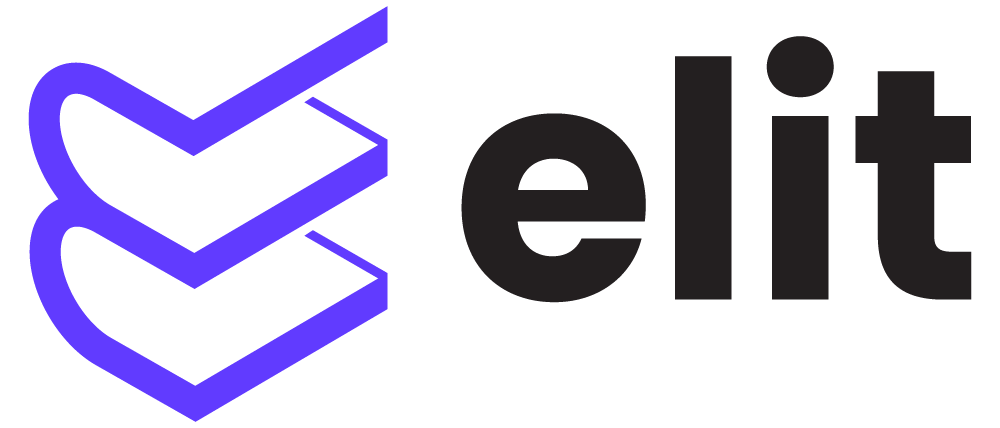Organizers:
- Prof. dr. Elly Konijn (VU University Amsterdam)
- Prof. dr. Frank Hakemulder (Utrecht University, University of Stavanger)
- Prof. dr. Massimo Salgaro (University of Verona)
- Dr. Simone Rebora (University of Verona)
Duration:
Training School 2 will consist of five days of meetings, for a total of 30 hours of attendance plus 100 hours of personal study.
Objectives:
First: To acquire knowledge about experimental research designs and qualitative methodology, expertise in the evaluation of research validity in both qualitative and quantitative research, and in how to make good use of weaknesses in previous research as starting points for new studies. Second: Acquire insights about the various philosophies of science in our interdisciplinary field, from phenomenology and hermeneutics to critical rationalism.
Content:
A basic introduction to validity evaluation in experimental and qualitative research; an introduction to five subfields of the empirical study of literature and media; familiarizing participants with the state of the art in those fields, the key concepts, the current research methods, and the remaining research challenges. Building on what participants learned in Training School 1 and previous workshops/courses within and outside the ELIT program, the present Training School 2 offers a deepening of knowledge of philosophy of science, in particular about falsification (Popper), critical approaches to empirical work (e.g., Kuhn), core approaches and current philosophies in Humanities. We will pay attention to issues related to the operationalization of theoretical constructs and to various research designs.
Methodology:
Participants are required to read a predetermined list of relevant empirical work, view mini-lectures, and formulate research proposals for follow-up studies, and present them in working groups during the sessions of the Training School.
Meetings:
12-16 July 2021. The meetings are organized by VU University Amsterdam, but due to circumstances they will take place at University of Verona. It is very well possible to participate online.
Participants:
Mandatory for all ELIT ESRs (in presence or online) and open to additional PhD students (free access – just online).
Registration:
Registration form [to be filled in by additional PhD students by 8 July]
Preparation
Materials
- Participants read five relevant chapters from the IGEL reference book (sent to participants);
- We read five key publications by five prominent scientists (all these papers are freely available via local university libraries or open access sources); the authors will be joining the meetings for Q&A sessions;
- Lectures on philosophy of science (during the program, and freely available materials on the internet);
- Five prerecorded lectures from those scientists introduce participants to (and stimulate them to get actively involved in) five relevant subfields of the empirical study of literature and media:
- Dr. Moniek Kuijpers: Absorption
- Prof. dr. Josie Billington: Literary Reading and Mental Well-Being
- Prof. dr. Arthur Raney: Self-transcendent experiences in media,
- Prof. dr. Frank Hakemulder: Foregrounding.
- Prof. dr. Raymond Mar: Narrative Fiction and Social Cognition
For access to and details about all these materials, please send an email to Frank Hakemulder (F.Hakemulder@uu.nl).
Assignment: Formulate research proposals
Based on their reading and evaluations of the five key publications, participants will consider what follow-up studies are required to counter the threats to validity they detected in those publications, and address the research challenges discussed in the lectures. Participants are asked to formulate their ideas in advance, preceding the Training School, and discuss them with each other during the meetings, in order to come to joint statements/research proposal, building on and/or improving on the study presented in the key publications. Individual preparation for the group discussion: list the three best aspects of the paper as well as list the three weakest aspects. From there, discuss how the research can be improved: what would be needed for a follow-up study?
Program
[note: all times are Central European Summer Time]
12 July. Opening & Theme 1. Absorption
- 9:00 – 9:15 Welcome address. Prof. Massimo Salgaro & Dr. Simone Rebora
- 9:15 – 9:30 Introduction and planning. Prof dr. Elly Konijn & Prof. dr. Frank Hakemulder.
- 9:30 – 11:30 Morning discussion groups (break-out rooms). In these meetings the groups of participants will discuss the research, exchange ideas about follow up studies, formulate a joint research proposal, and prepare a presentation of the afternoon session.
- 13:30 – 15:30 Afternoon presentations of research proposals
- 15:30 – 17.00 Q&A Session with Dr. Moniek Kuijpers
- 17.00 – 18.30 Lecture on construct validity by Prof. Dr. Don Kuiken, Alberta University.
13 July. Theme 2. Foregrounding
- 10:00 – 10:15 Opening
- 10:15 – 12:15 Morning discussion groups (break-out rooms)
- 15:00 – 17:00 Afternoon presentations of research proposals
- 17:00 – 18:30 Q&A Session with Katalin Balint and Frank Hakemulder
14 July Theme 3. Literary Reading and Mental Well-Being
- 10:00 – 10:15 Opening
- 10:15 – 12.15 Morning discussion groups (break-out rooms)
- 15:00 – 17:00 Afternoon presentations of research proposals
- 17:00 – 18:30 Q&A Session with Josie Billington
15 July Theme 4. Self-transcendent experiences in media
- 10:00 – 10:15 Opening
- 10:15 – 12:15 Morning discussion groups (break-out rooms)
- 15:00 – 17:00 Q&A Session with Arthur Raney
- 17:00 – 18:30 Afternoon presentations of research proposals
16 July Closing and Theme 5. Narrative Fiction and Social Cognition
- 10:00 – 10:15 Opening
- 10.15 – 12.15 Morning discussion groups (break-out rooms)
- 15:00 – 17:00 Afternoon presentations of research proposals
- 17:00 – 18:30 Q&A Session with Raymond Mar
- Closing
